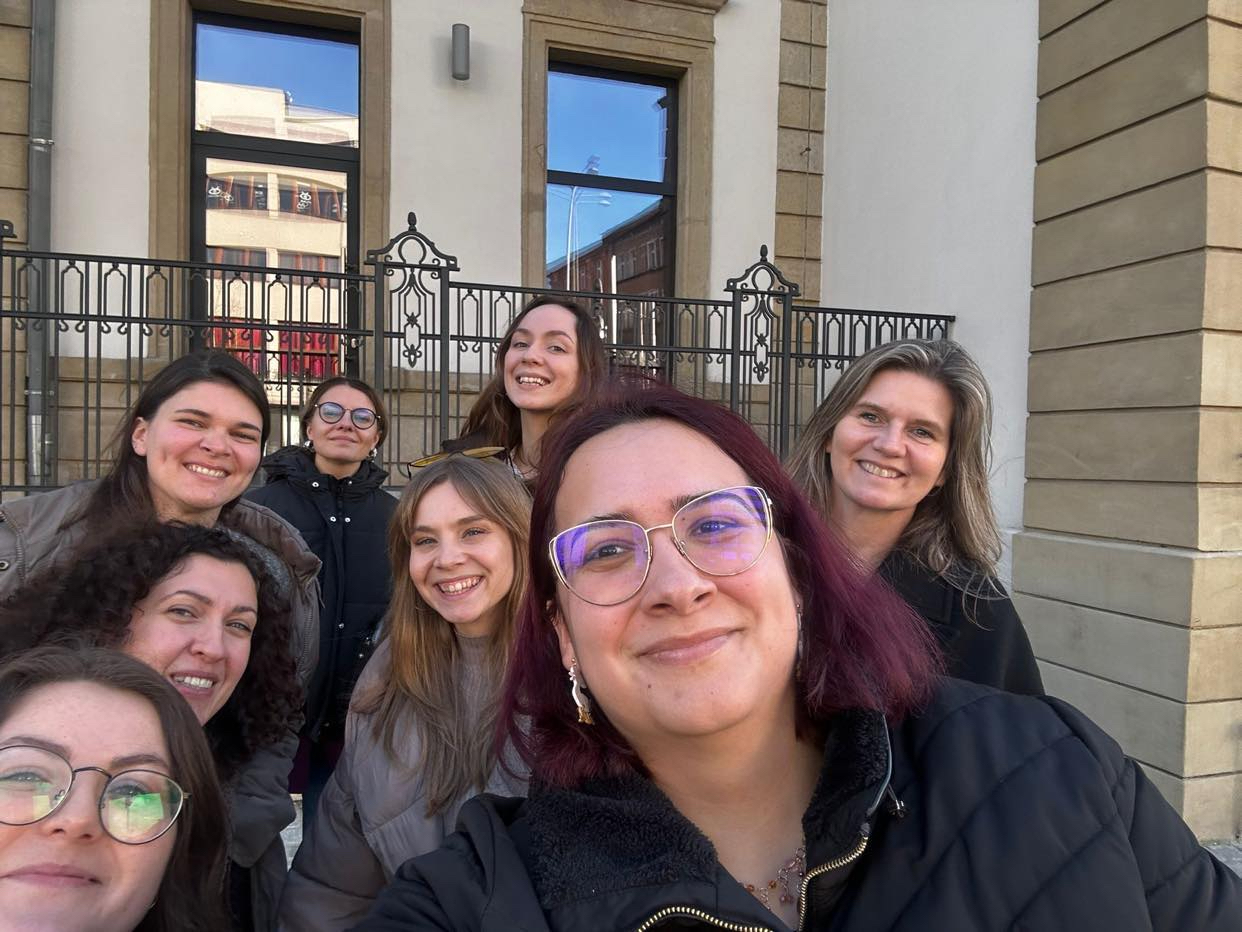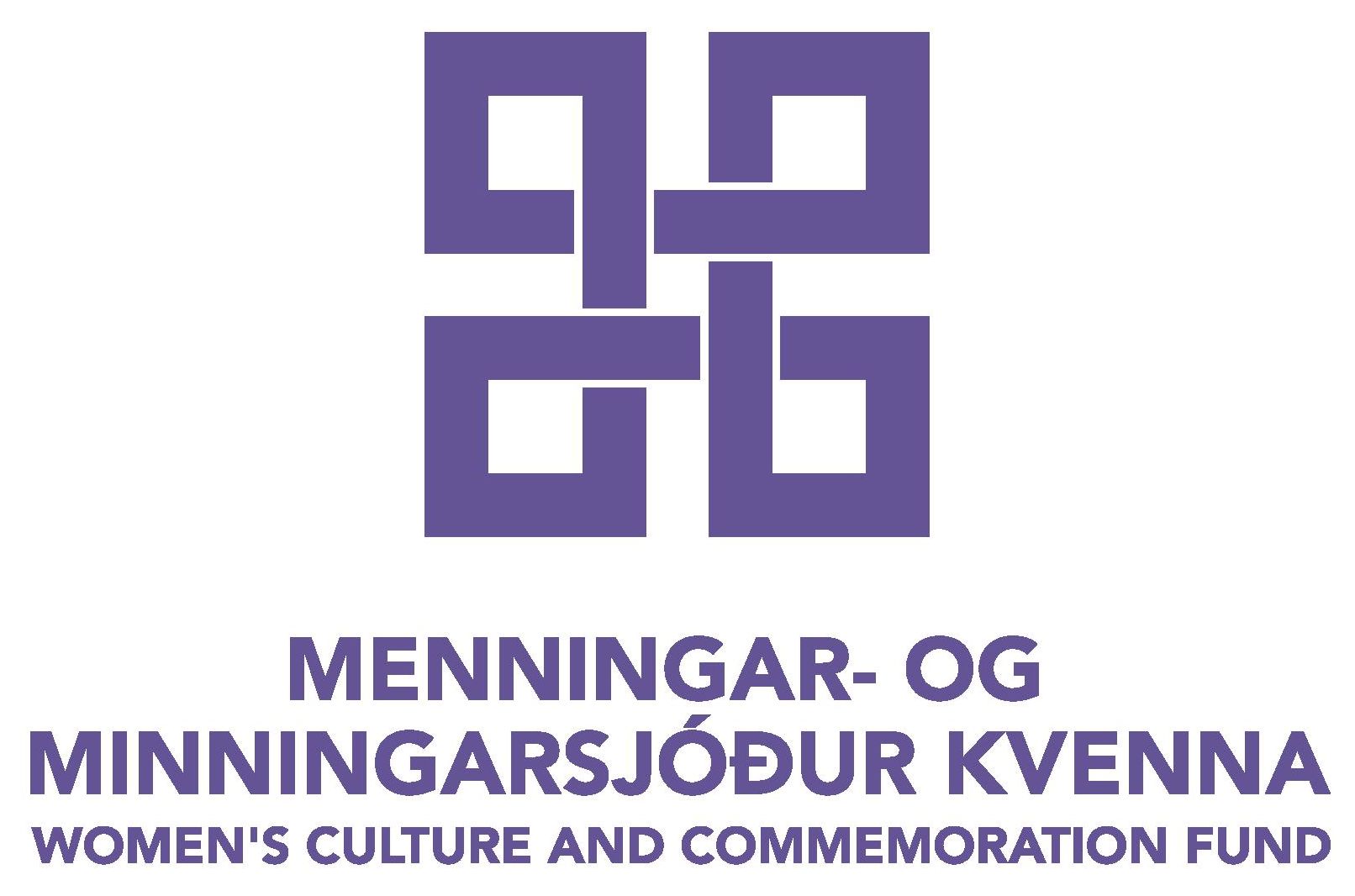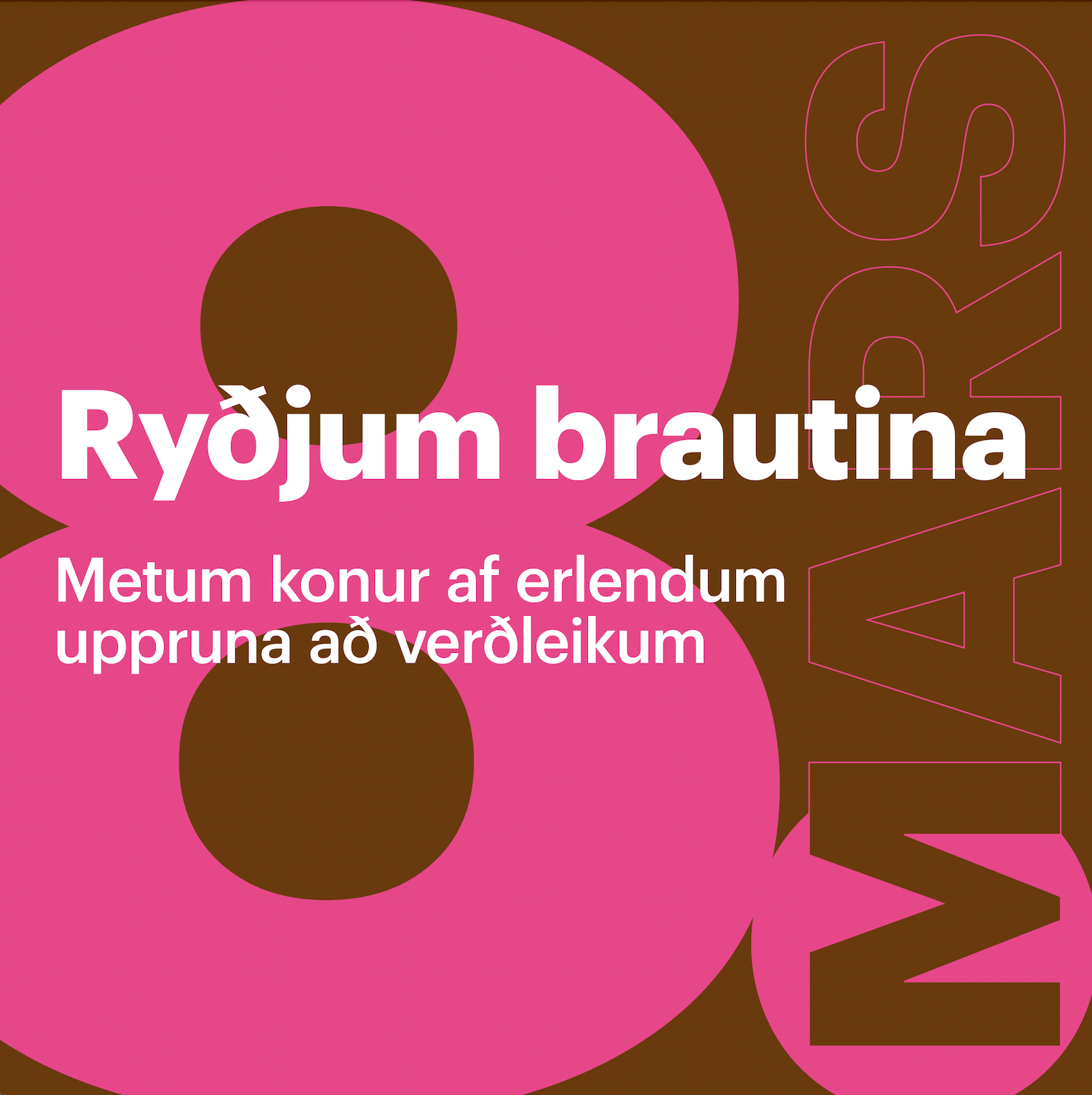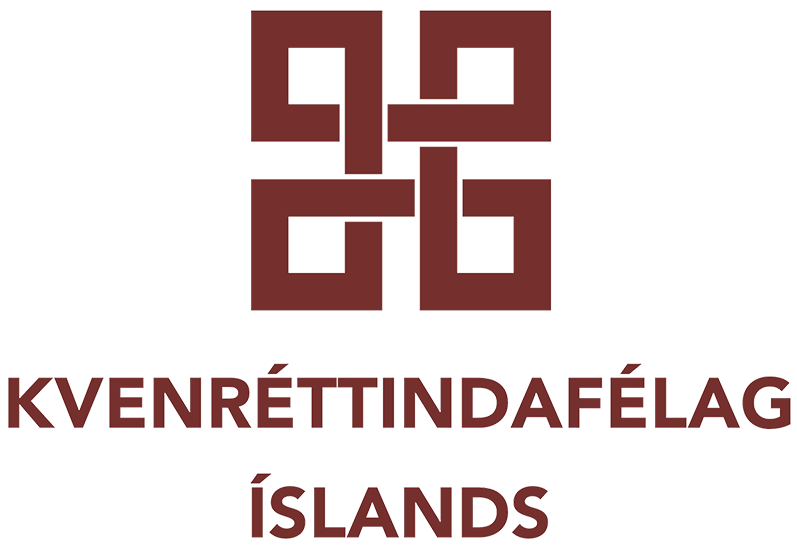
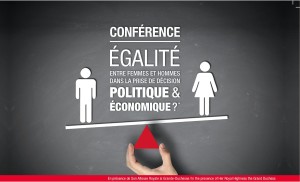 The Icelandic Women’s Rights Association attended a conference discussing women’s rights in the small states of Europe. Representatives from Andorra, Iceland, Cyprus, Liechtenstein, Luxembourg, Malta, Monaco og San Marino delivered reports on the status of women in their states and women’s participation in decision making.
The Icelandic Women’s Rights Association attended a conference discussing women’s rights in the small states of Europe. Representatives from Andorra, Iceland, Cyprus, Liechtenstein, Luxembourg, Malta, Monaco og San Marino delivered reports on the status of women in their states and women’s participation in decision making.
The conference was organized by the National Council of Women of Luxembourg (CNFL) and took place in Luxembourg, 14-16 October 2015.
Icelandic representatives were Brynhildur Heiðar- og Ómarsdóttir and Helga Dögg Björgvinsdóttir. Helga Dögg delivered a report from the Icelandic Women’s Rights Assocation on the status of women in Iceland, placing a special emphasis on women’s participation in the internal work of political parties, of gender quotas on corporate boards, and on the equal pay standard, a new Icelandic tool designed to eradicate the gender pay gap within companies.
The Icelandic Women’s Rights Association was founded in 1907 specifically to fight for women’s right to vote. We have for over a century struggled for political equality between men and women.
In recent years, the focus of our work at the Icelandic Women’s Rights Association has been increasing women‘s representation in parliament and in leadership positions in financial institutions and large companies, combatting gendered wage inequality, increasing the number of women in the police force and the judicial system, lobbying to make gender studies a mandatory subject in secondary schools, and raising awareness about harassment and violence against women online.
Three Milestones in Women’s History
This year, the focus of the Icelandic Women’s Rights Association has been celebrating past achievements and figuring out how our past can influence our future battles. We have in fact in Iceland, been celebrating three seminal milestones in women’s rights, both in our country and internationally.
First of all, Icelandic women won the right to vote in 1915, so this year we celebrate one hundred years of suffrage, when women finally gained the right to participate in civic conversation at the political level.
We are also celebrating that 40 years ago all Icelandic women went on strike and marched to protest the gender pay gap. Icelandic women have gone on strike two times since 1975, in 2005 and 2010. These protests proved exceptionally successful. In all three cases more than half of working adult women in the country left work and attended marches in protest of wage inequality. These protests showed clearly that a modern society does not function without the participation of women.
And we are celebrating a third milestone, that this year there are twenty years since the nations of the world united in Beijing and agreed to work towards women’s rights, at the 4th UN World Conference on Women, Beijing 1995.
Three Markers for Future Action
These three milestones which we in Iceland are celebrating this year, can serve as a way forward in the future, as markers for future action, because these three milestones also mark the three areas we need to focus on when working to ensure that women can become full participants in political, civic, financial and international decision making.
Equality action plans within political parties, and gender quotas on corporate boards
First of all, we need to guarantee women a place at the decision making table, by making sure that women do vote, women do serve in parliament, city councils and on corporate boards. We need to ensure not only that women have the right to serve, but also to guarantee that women are fairly represented at the table.
In Iceland, women now make up over 40% of Parliament. This was not easy. In 1975, women were only 5% of parliament. What had to happen in Iceland to change the conversation, was that women founded their own political party in 1983 that ran in the general election, and they got women into power. And then the other political parties started opening up to women, and now all of them have an equality action plan. Ensuring that women have full access to the internal work of political parties is absolutely crucial to an equal future.
But we also have to work towards making sure that women are allowed access to the economic area. In Iceland, it proved easier for women to gain access to politics than to the boards of companies and executive position. So we used legislation to change this. Since 2008, all companies have been required to create and follow an action plan guaranteeing gender equality within the company. However, women were still underrepresented on the boards of these companies. So in 2013, a law on gender quotas on corporate boards was enacted. This means that women now make up 40-60% of these boards.
Ensuring women’s financial independence, eradicating the gender paygap, the Equal Pay Standard
Secondly, we need to make sure that women are financially independent. It is not enough to guarantee women’s voices at the political and economic level. If women can’t afford to use these rights, they will be unable to participate.
The gender pay gap persists in all countries around the world. The World Bank estimates that women represent 40% of the world’s labor force but hold just 1% of the world’s wealth. In Iceland, a country which the World Economic Forum has rated the most equal in the world for the past six years running, the gender pay gap is still around 8 percent. This needs to change.
I want to use this opportunity to introduce to you the Equal Pay Standard, a tool which we have developed in Iceland, and are now beginning to implement. We are very excited about the possibilities that this tool offers to both private companies and public institutions in guaranteeing equal pay and thus working towards gender equality.
Iceland has passed legislation after legislation guaranteeing that men and women should be paid equal wages for equal work, yet the pay gap remains to this day, well into the 21st century. Legislation has not worked. Education has not worked. Awareness campaigns have not worked. So what could be done? Iceland turned to the tools of the bureaucrats, the technical world of the international ISO standards.
The equal pay standard is a set of rules and guidelines that companies and institutions can implement in their operations. These rules are meant to guarantee that women and men are paid equal wages for the same or equal value of work within the workplace. When companies and institutions have fulfilled the requirements of the standard, they can ask for certification, a certification that the company pays equal wages to its male and female employees. And when a company or institution receives this certification, they can advertise it!
Just like companies and products can be certified green, or certified fair-trade, now they can be certified as being equal-pay.
Holding our governments accountable! Working together, across borders, to ensure a better and more equal future!
Finally, this year we celebrate the 20th anniversary of the Beijing Platform for Action. In 1995, 189 countries of the world promised to work for women’s rights, but the fulfillment of these obligations has been lacking. We all need to pressure our governments to actually fulfill their promises.
To improve the status of women and ensure gender equality, we need to work together, internationally, learn from each other, support each other.
I am looking forward to working with you to ensure a better future for all of us, to work with you to ensure women’s rights across the world.

